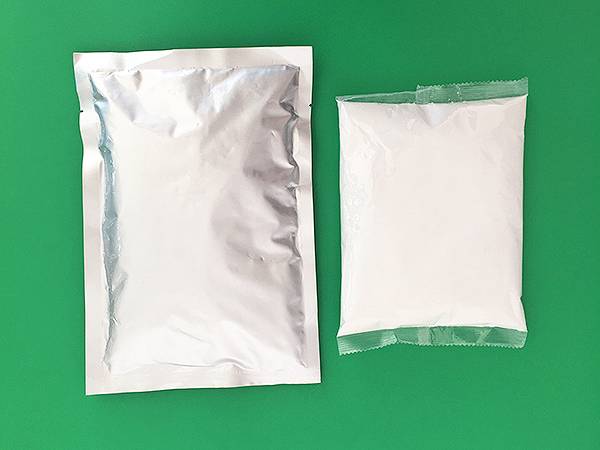



Household Uses and Benefits of Sodium Bisulfate for Cleaning and Maintenance
The Role of Sodium Bisulfate in Household Products
Sodium bisulfate, also known as sodium hydrogen sulfate, is a versatile compound commonly used in a variety of household products. With its broad range of applications, it plays a significant role in households, offering benefits that enhance cleaning, pH control, and even pool maintenance. Understanding its properties and uses can help consumers make informed decisions about the products they choose for their homes.
Chemical Composition and Properties
Sodium bisulfate is an inorganic salt with a chemical formula of NaHSO4. It appears as a white crystalline powder and is mildly acidic, with a pH range of approximately 1 to 2 when dissolved in water. This acidity makes it an effective agent for adjusting pH levels in various applications, which is crucial in many household and industrial scenarios.
Applications in Cleaning Products
One of the most significant uses of sodium bisulfate is in the formulation of cleaning products. Due to its acidic properties, it can effectively break down stubborn stains and residues, acting as an abrasive and a descaling agent. Many household cleaners, particularly those designed for bathrooms and kitchens, contain sodium bisulfate as a key ingredient. It assists in removing mineral deposits, soap scum, and rust stains from surfaces, ensuring a cleaner and shinier finish.
Moreover, sodium bisulfate is often used in combination with other cleaning agents to enhance their efficacy
. Its ability to create a more acidic environment can help optimize the performance of these products, making them more effective at tackling tough grime and buildup.pH Control in Swimming Pools
sodium bisulfate household products

Another notable application of sodium bisulfate is in swimming pool maintenance. It is commonly used to lower the pH levels of pool water. Proper pH balance is essential for the effectiveness of chlorine, which is crucial for sanitizing the water and preventing algae growth. When the pH level rises above the desired range (typically between 7.2 and 7.8), sodium bisulfate can be added to bring it back down, ensuring a safe and enjoyable swimming environment.
This compound is favored by many pool owners because it is easy to use, readily soluble in water, and less harsh than other acids, such as muriatic acid. Furthermore, its low environmental impact makes it a suitable choice for maintaining water quality in domestic swimming pools.
Environmental and Safety Considerations
While sodium bisulfate is generally regarded as safe for use in household products, it is essential to handle it with care. It can cause irritation to skin and eyes upon contact, and inhaling its dust can lead to respiratory irritation. Therefore, it is advisable to use gloves and masks when handling powdered forms of the compound, as well as to ensure proper ventilation in the area of use.
From an environmental perspective, sodium bisulfate is a more eco-friendly option compared to many conventional cleaning agents. It breaks down into harmless byproducts and does not contribute to pollution in the same way that more aggressive chemicals can.
Conclusion
Sodium bisulfate is a powerful and effective compound widely used in various household products. Its applications in cleaning agents, pool maintenance, and pH control illustrate its versatility and importance in maintaining a clean and safe living environment. By understanding its properties and safe handling practices, consumers can make the most of this valuable compound, contributing to both household cleanliness and environmental sustainability.
-
Why Strontium Carbonate Still MattersNewsJun.06,2025
-
Why BaSO4 MattersNewsJun.06,2025
-
Why Barium Carbonate Still MattersNewsJun.06,2025
-
Strontium Hydroxide: A Versatile Compound for Modern ApplicationsNewsJun.06,2025
-
Strontium Chloride in Daily IndustryNewsJun.06,2025
-
Pure Potassium Nitrate for SaleNewsJun.06,2025
-
What Is Sodium Bisulfate Used For?NewsMay.15,2025










